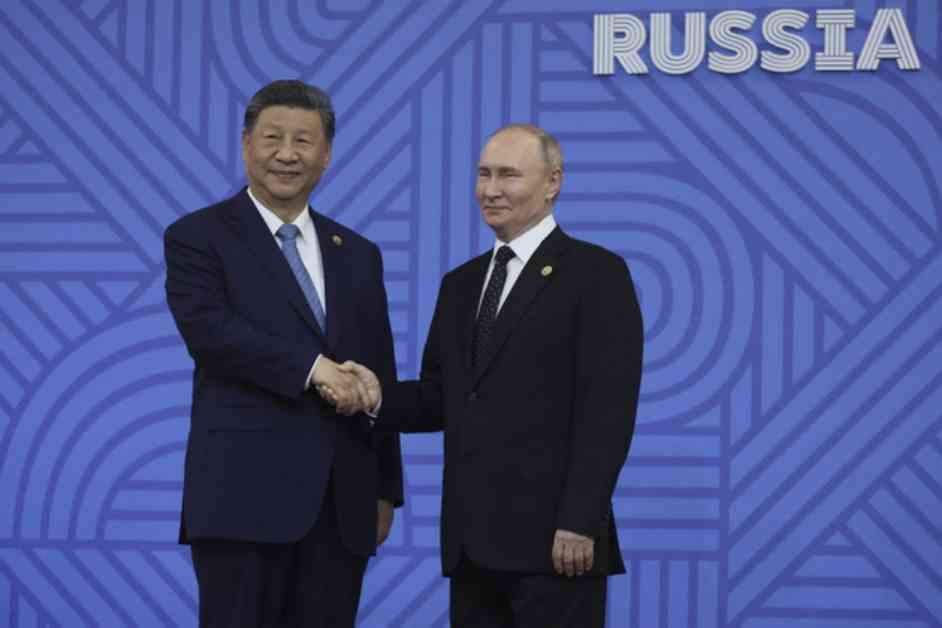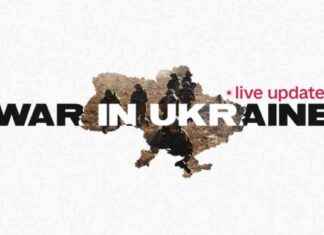Amidst the backdrop of diplomatic talks between the US, European allies, and Ukraine, Russia has been forging new ties with America’s adversaries. A recent report from the Institute for the Study of War (ISW) highlights Russian President Vladimir Putin’s strategic efforts to strengthen cooperation with key global players, including Chinese President Xi Jinping and Iranian President Masoud Pezeshkian.
Putin’s diplomatic maneuvers come at a crucial juncture, marked by ongoing discussions with the US to resolve the conflict in Ukraine. On the third anniversary of Russia’s full-scale invasion of Ukraine, Putin engaged in talks with President Xi, laying the groundwork for a strategic partnership. Additionally, Kremlin officials held separate meetings with Iranian and North Korean representatives, signaling a concerted effort to bolster ties with key allies.
In a meeting between Russian Foreign Minister Sergei Lavrov and Iranian Foreign Minister Abbas Araghchi, the two parties discussed the United States’ “maximum pressure” campaign and recent sanctions on Iran. Araghchi’s remarks underscored Iran’s commitment to collaborating with Russia and China on nuclear issues, a move that has raised concerns in the international community.
As the diplomatic dance unfolds, a North Korean delegation arrived in Moscow to explore avenues for enhanced cooperation under the Russo-North Korean Comprehensive Strategic Partnership agreement. The meeting, attended by high-ranking officials from both nations, underscores the growing alignment between Russia and North Korea, despite international sanctions against Pyongyang.
Enhancing Strategic Alliances
Russian officials are leveraging their diplomatic engagements with Iran, North Korea, and China to advance a narrative that frames the conflict in Ukraine as a response to alleged provocations by NATO and Ukraine. By invoking these “root causes,” the Kremlin aims to rally support for its maximalist demands, which include regime change and demilitarization in Ukraine.
The ISW report sheds light on the strategic partnerships that Russia has cultivated with Iran, North Korea, and China. Iran’s provision of combat drones and North Korea’s supply of artillery rounds to Russia have bolstered the Kremlin’s military capabilities, while China’s transfer of military technologies has further empowered Moscow’s war machine in Ukraine.
Countering the Threat
Against this backdrop, US intelligence warns of a growing entente between Russia and its allies, who are banking on a Russian victory in Ukraine. The ISW report underscores the need for the US to resist this alignment and weaken the coalition that supports Russia’s aggressive agenda. By recognizing the broader Russian threat, the Trump administration can safeguard America’s national security interests and counter the charm offensive employed by Moscow to obscure its true intentions.
In conclusion, the evolving landscape of global diplomacy underscores the complex web of alliances and rivalries that shape geopolitical dynamics. As world leaders navigate intricate diplomatic terrain, the need for strategic foresight and clear-eyed analysis becomes paramount in safeguarding national interests and countering emerging threats. The stakes are high, and the path ahead is fraught with challenges, underscoring the importance of vigilance and proactive engagement on the world stage.

















